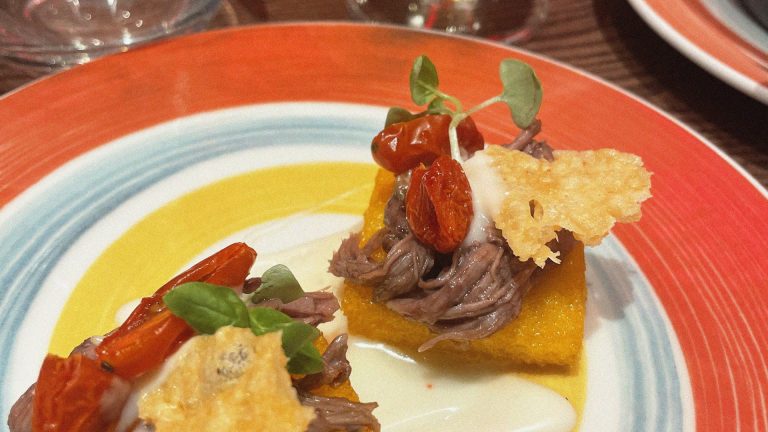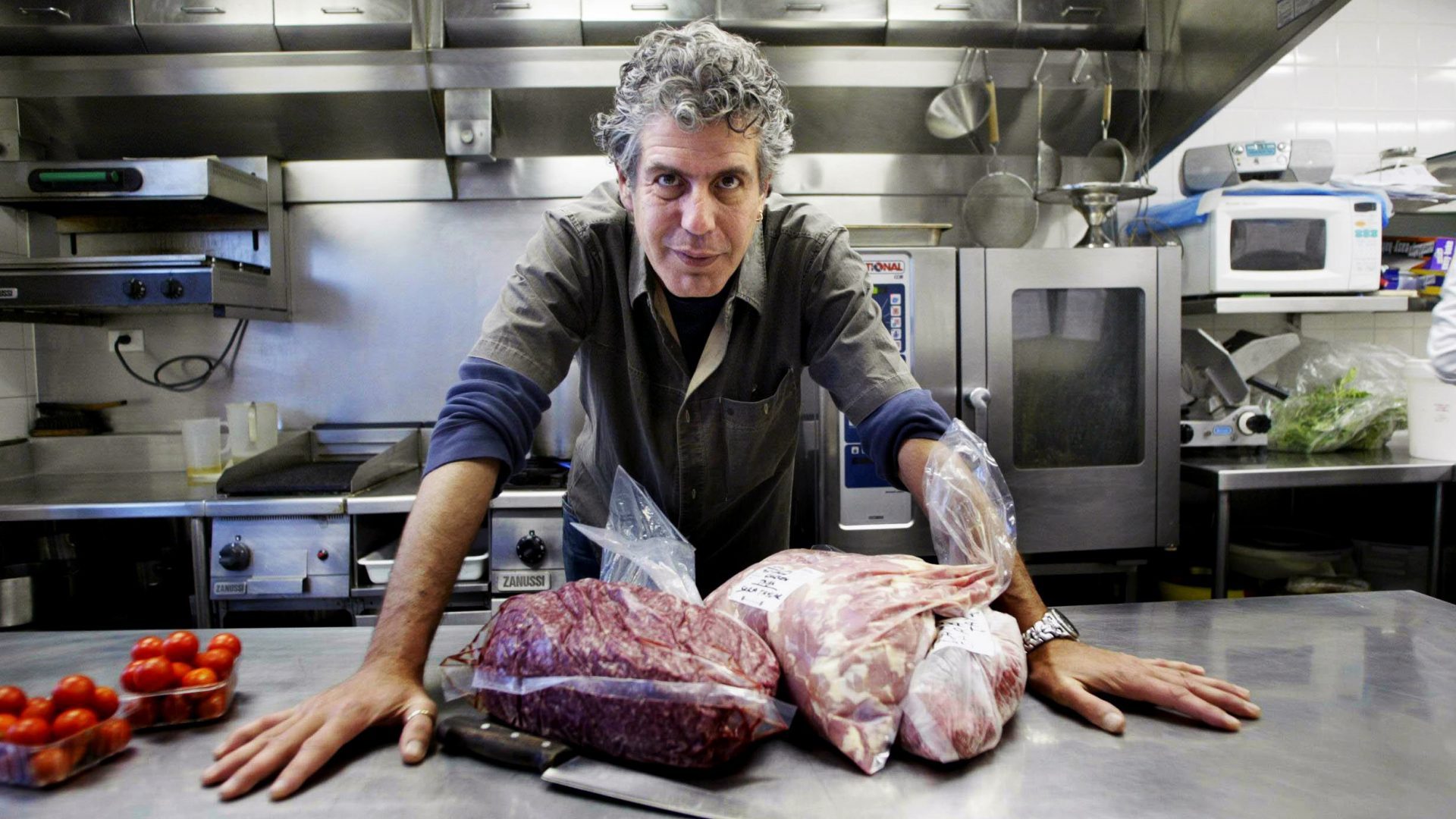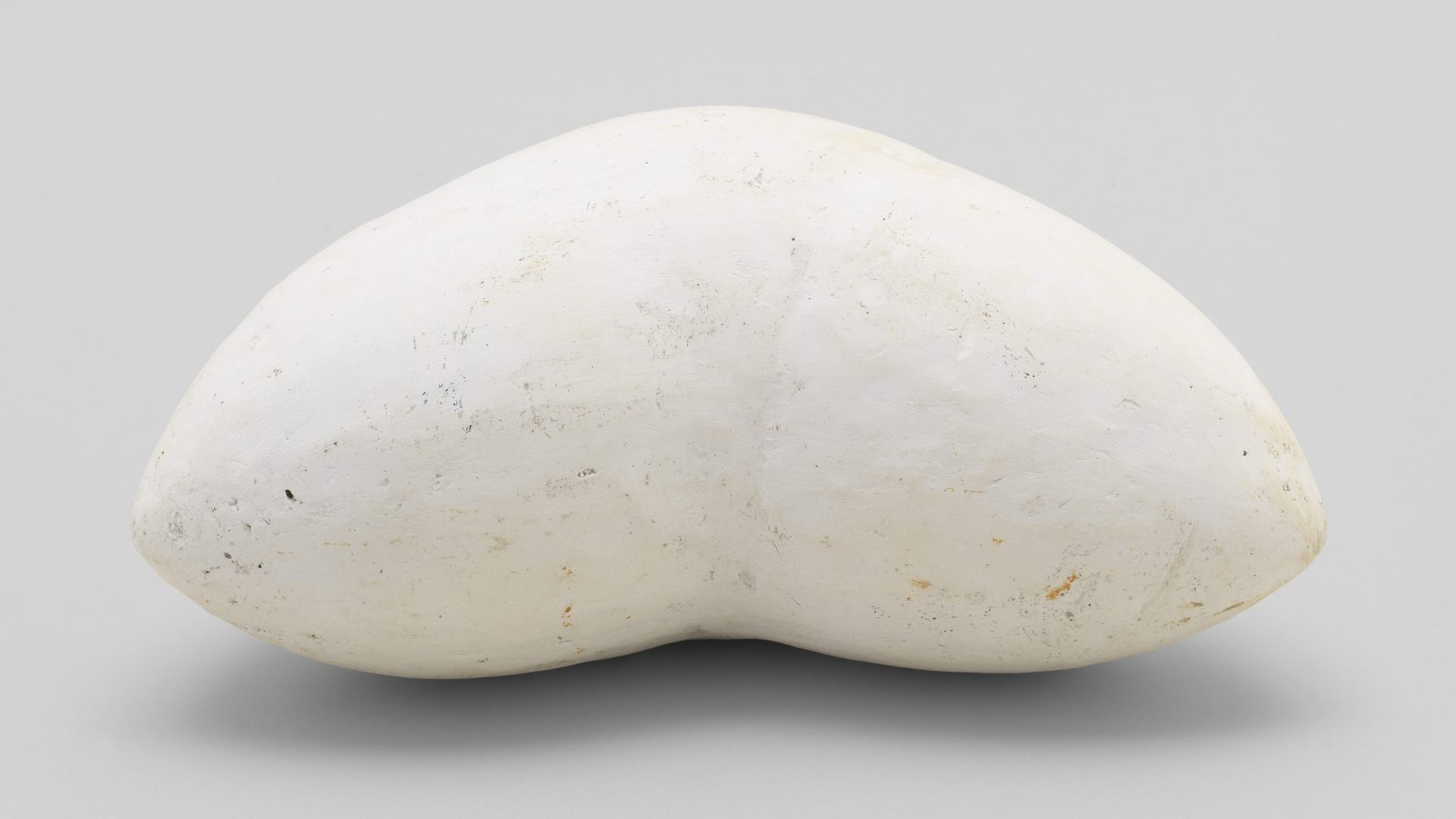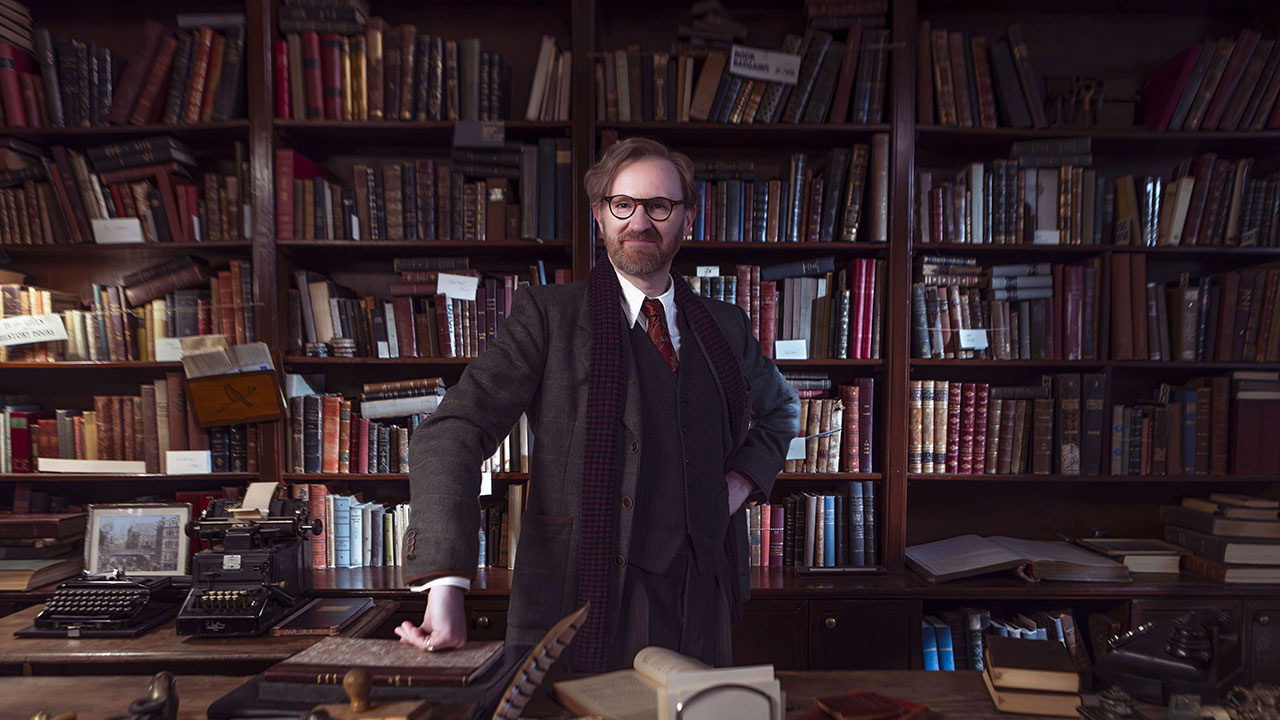The great and garrulous Anthony Bourdain is no longer available to analyse Donald Trump’s second term, but his verdict after Trump’s first victory in 2016 looks prescient. “It’s Bond villain-type shit. I’m pessimistic to the extreme,” Bourdain said. “People have no idea how bad it already is, and how bad it’s going to get.”
Thanks to a reissue of Kitchen Confidential, the book that made his name, we also have Bourdain’s verdict on what Trump eats – steak that, according to his former butler at Mar-a-Lago, “would rock on the plate, it was so well done”, served not with an elegant bearnaise but ketchup.
As droll as it is offensive, as titillating as it is disgusting, Kitchen Confidential features a section revealing how chefs take advantage of the guileless customer, with kitchens offloading four-day-old fish or poor-quality vegetables. When it comes to Trump’s favourite meal, Bourdain says, the discerning cook “saves for well done” meat which is of too-poor quality to serve rare or medium, but can be dished up to customers like the president. Presumably the addition of Trump’s beloved ketchup serves further to mask any unpleasant flavours or odours from the kitchen’s “flotsam”.
Bourdain became famous for his ravenous exploration of the world’s cuisine, wherein his appetite for new or unusual local specialities is matched only by his gregarious embrace of local characters and life, in CNN docuseries such as Parts Unknown and No Reservations. Now Bloomsbury has resurrected Kitchen Confidential, his no-holds-barred account of the realities of being a busy and successful young chef in 1980s and 90s New York.
Published in 2000, it was famous for detailing the day-to-day workings of some of the most renowned kitchens in the world, a full-on grenade to the bowels of the orthodoxies of cooking, restaurant reviewing, and food writing. Bourdain’s prose is as rich and as acerbic as his best dishes, making it an immediate modern classic and inventing a somewhat scandalous new warts-and-all approach to the previously secretive world of fine dining.
“Good food, good eating,” wrote Bourdain, “is all about blood and organs, cruelty and decay.” Life in the kitchen – as the book attests – is desperately similar.
It reveals cooks (as he prefers to call them) as “a secret society… confined for most of their waking hours in hot, airless spaces, and ruled by despotic leaders.” As much as it is a love letter to food, this book is an ode – as romantic as any Shakespearean sonnet – to the romance of the brigade, the gangs of misfits, petty criminals and high-school drop-outs who knead, fry, blanch, boil and meticulously assemble masterpieces in appalling conditions for 14-hour stretches, often underground or at least in a poorly ventilated sweatbox.
The chefs are foul of both mouth and temper, dress like pirates, swear so creatively that it would make Malcolm Tucker blush and have a pirate code of unassailable solidarity: One for all, and all for one.
If Bourdain had done to the Magic Circle what he did to the world of the high-end restaurants he would have been excommunicated. Instead, it led to worldwide fame and a colossally successful TV series, which had reached 12 seasons when he took his own life in 2018 while filming in France.
Suggested Reading


The good madness of Neapolitan tapas
What Bourdain’s army of fans enjoyed were not only the in-depth explorations of cuisine across the world, but the off-the-cuff pieces to camera, served up late in the evening after an action-packed day in which the chef-cum-philosopher contemplates the findings of the preceding 24 hours: “Travel changes you. As you move through this life and this world, you change things slightly, you leave marks behind, however small. And in return, life – and travel – leaves marks on you. Most of the time, those marks – on your body and on your heart – are beautiful. Often though, they hurt.”
This is the soft centre to all Bourdain’s work. His love of people and his love of food. His tendency to wear his heart on his blood-stained sleeve.
He was a liberal humanist who worked predominantly in immigrant-led kitchens and who prided himself on being able to instruct his brigade in a mish-mash of Spanish, English, Portuguese, French and Italian. We can only imagine the fate of the ICE agent who tried to get between this chef and his beloved crew.
Kitchen Confidential remains a very human account of passion, obsession, the costs and the pay-offs, the huge highs and catastrophic lows of kitchen life. The creation of a new family to service the customers but also the crew’s need for support, for bodily comfort, for sinewy kinship amid the long hours, the heat and the litany of sharp objects.
Perhaps this explains why the re-publication is hung on the phrase “before The Bear, there was Bourdain”, likening the rise and career of one tortured but very human culinary genius with a more recent fictional version.
And indeed, the choices made in this particular re-packaging of the original owe much more to our own era than simply The Bear. The book fits into a wider cultural trend for revisiting the turn of the millennium, whether by curious Gen-Zers seeking cultural capital and even comfort in stalwarts like the Gilmore Girls or Friends, the return of Buffy Summers to our screens or the ubiquitous, suddenly, low-slung jeans, crop-tops and tiny handbags, the noughties are having another cultural moment.
Bourdain, too, marks a time when life was simpler, safer. When countries and nation-states were not yet the fiefdoms of alarmingly aggressive populist regimes or oligarchies run by tech bros, climate catastrophe was not a completely foregone conclusion and men who were as sensitive, intellectually curious and verbally dexterous as Bourdain might enjoy primetime fame in the US.
The presence of a foreword to the new edition by Irvine Welsh leans into this. This is not just the mutual recognition of another master of straight-talking, casual virtuosity on the page but the use of a figure so synonymous with the zeitgeist of the 1990s and 2000s that his work became emblematic of the period in the UK. Where would the decade have been without the serving up of uncomfortable truths, defiantly raw and unsweetened in books like Trainspotting?
Not just an example of nostalgia in strange times, this new edition dishes up morsels just as unedifying, though perhaps less shocking to our reality TV-trained palates. Most importantly, though, a decade after his tragic death, Kitchen Confidential stands as a mouth-watering introduction to Bourdain’s fervour not only as a chef and a traveller but to his easy, generous humanism. That is an ingredient in short supply in 2025.
Kitchen Confidential by Anthony Bourdain, with a new introduction by Irvine Welsh, is published by Bloomsbury. Katherine Cooper is an academic who works at the National Centre for Writing.



